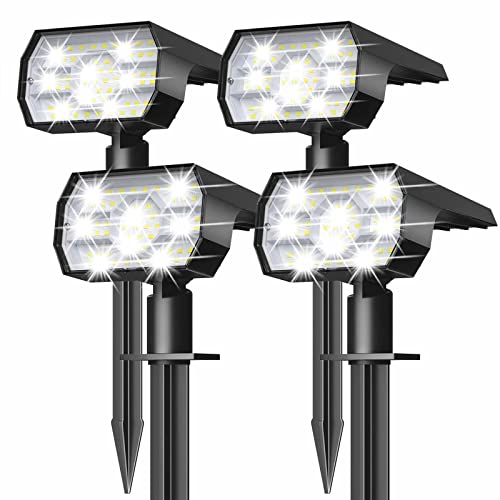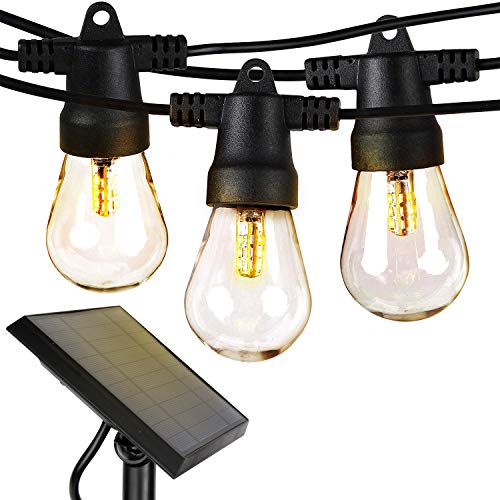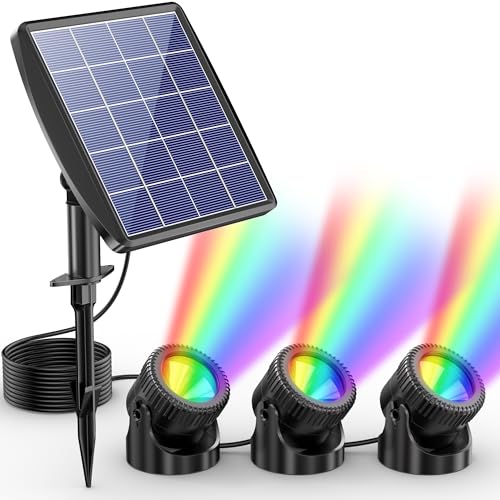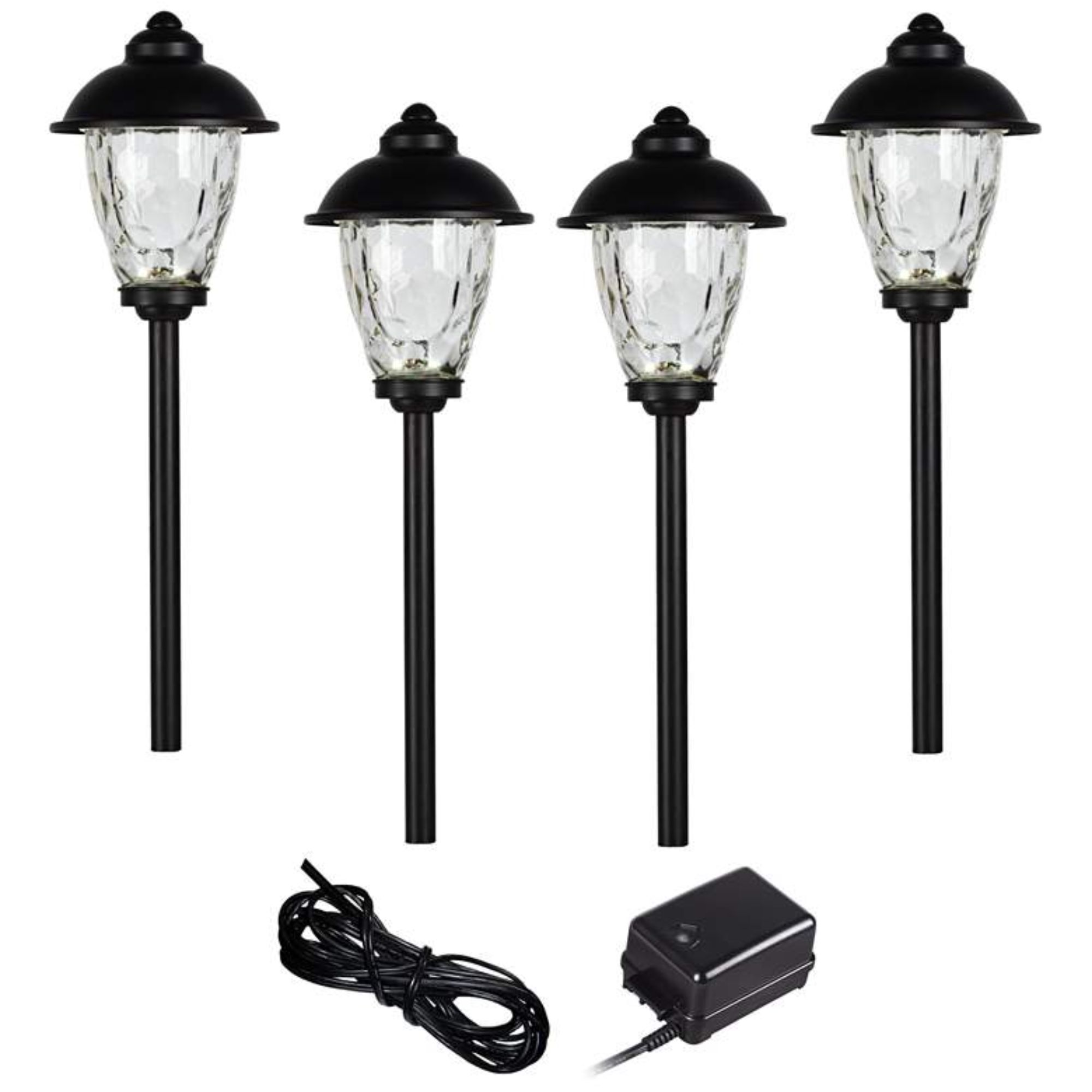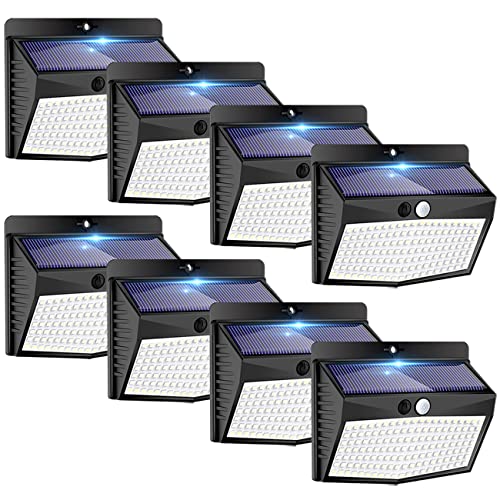How to buy good solar lights – 8 tips from an expert tester
After years of testing, I've finally worked out how to buy good solar lights

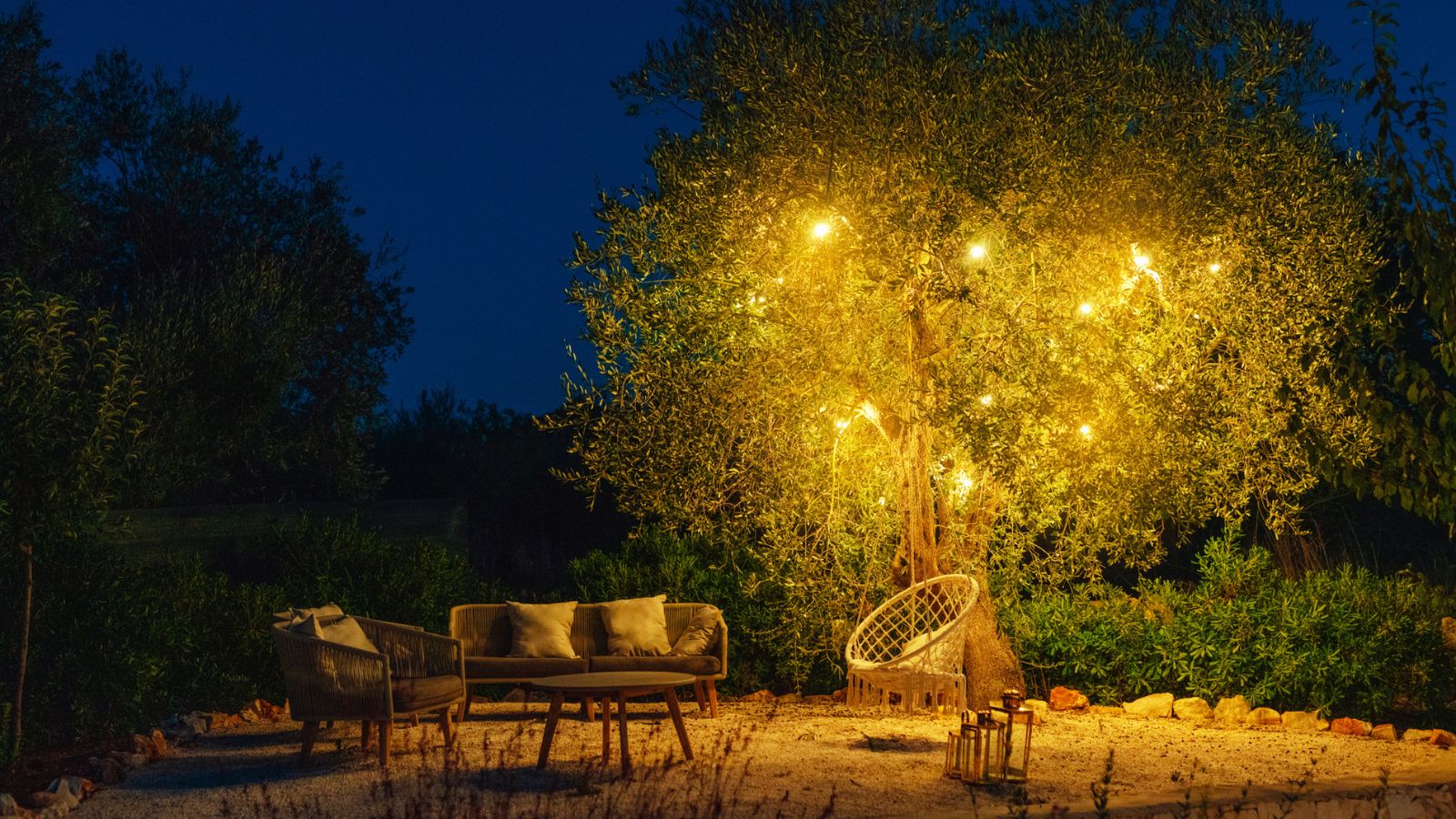
Design expertise in your inbox – from inspiring decorating ideas and beautiful celebrity homes to practical gardening advice and shopping round-ups.
You are now subscribed
Your newsletter sign-up was successful
Want to add more newsletters?

Twice a week
Homes&Gardens
The ultimate interior design resource from the world's leading experts - discover inspiring decorating ideas, color scheming know-how, garden inspiration and shopping expertise.

Once a week
In The Loop from Next In Design
Members of the Next in Design Circle will receive In the Loop, our weekly email filled with trade news, names to know and spotlight moments. Together we’re building a brighter design future.

Twice a week
Cucina
Whether you’re passionate about hosting exquisite dinners, experimenting with culinary trends, or perfecting your kitchen's design with timeless elegance and innovative functionality, this newsletter is here to inspire
The received wisdom about solar lights is that they're terrible. I've bought several sets that work for a couple of months and then refuse to work, or sets that switch on too late and don't illuminate anything.
However, when I became a product tester, testing things like the best festoon lights, I found that there's some pretty good products out there. The only problem is that it can be hard to work out what's worth buying and what isn't worth your money.
After years of testing solar lights, I've whittled it down to eight tips to help you find a set that finally works.
1. Know your IP ratings
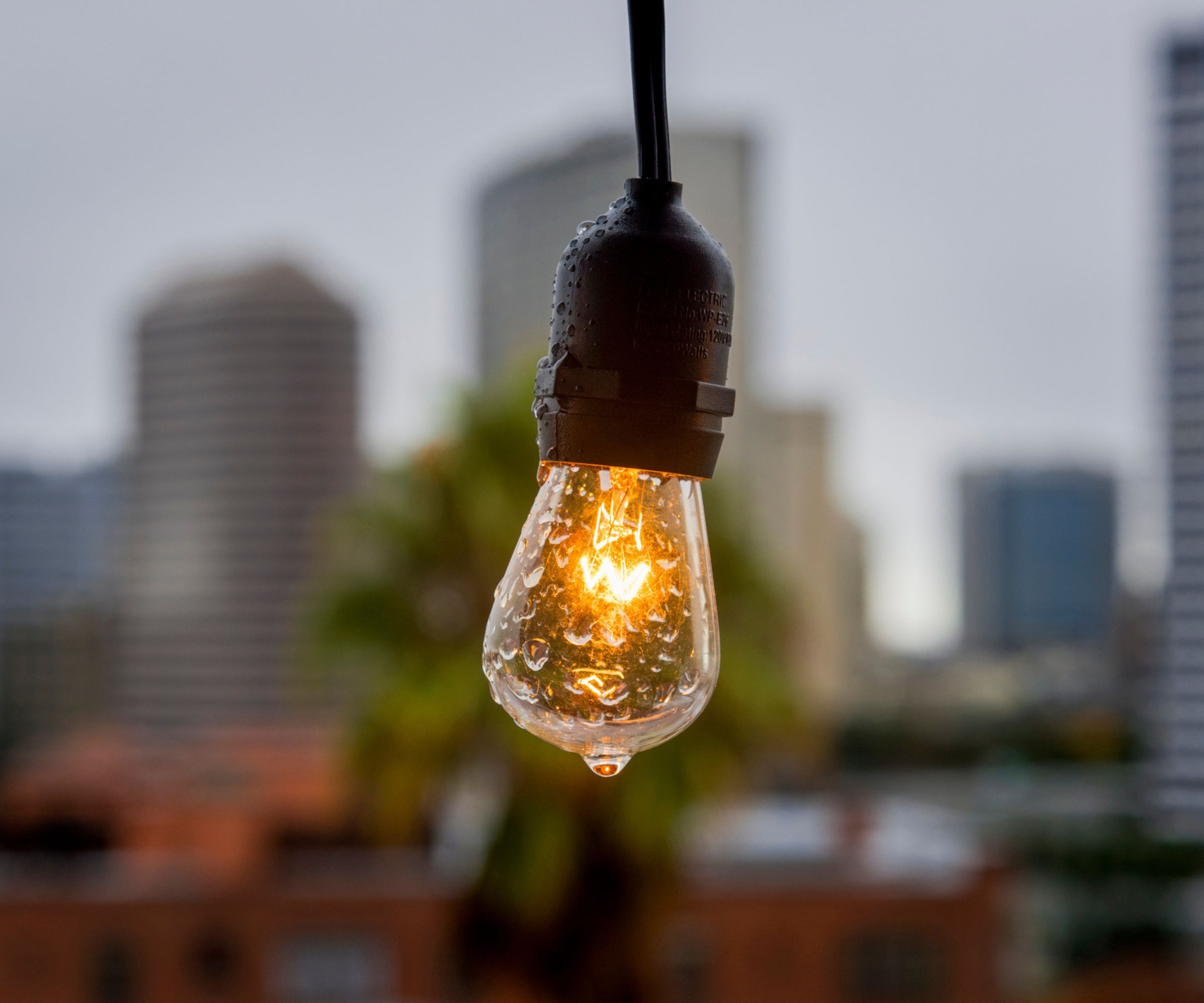
IP ratings are a crucial part of buying outdoor solar lights. IP - or ingress protection - is a measurement of how something can resist water and dirt. The first of the two numbers is a measure of how easily dust can penetrate; the second is a measure of how easily water can penetrate. Basically, the higher the IP number the better the electronics are protected.
Solar lights should have an IP65 rating. Solar expert Andrei Marveaux claims: 'The absolute minimum rating for outdoor solar lights should be IP65. This means that the lights cannot be penetrated by particultes and can resist water sprayed from any angle.
'The lights are definitely going to be out in the rain and may sometimes be in contact with heavy rain or even direct splashes of water; in that case, an IP66 or IP67 rating could be more appropriate.' The very best lights have IP ratings of IP68, which means the lights can be submerged three feet underwater for an hour with no harmful effects.
In short, the higher the IP rating the better the lights. The most common reason your solar lights break is because they have water damage from rain or snow. With a high IP rating, this damage is much less likely. Low-quality solar lights tend not to include IP ratings on the listing, so searching for a good IP rating is also a good way of weeding out bad products.
Design expertise in your inbox – from inspiring decorating ideas and beautiful celebrity homes to practical gardening advice and shopping round-ups.
Andrei is Managing Director at SolarTech Solutions. Andrei has a degree in Engineering and has over seven years of experience in the solar industry.
2. Check Lumens
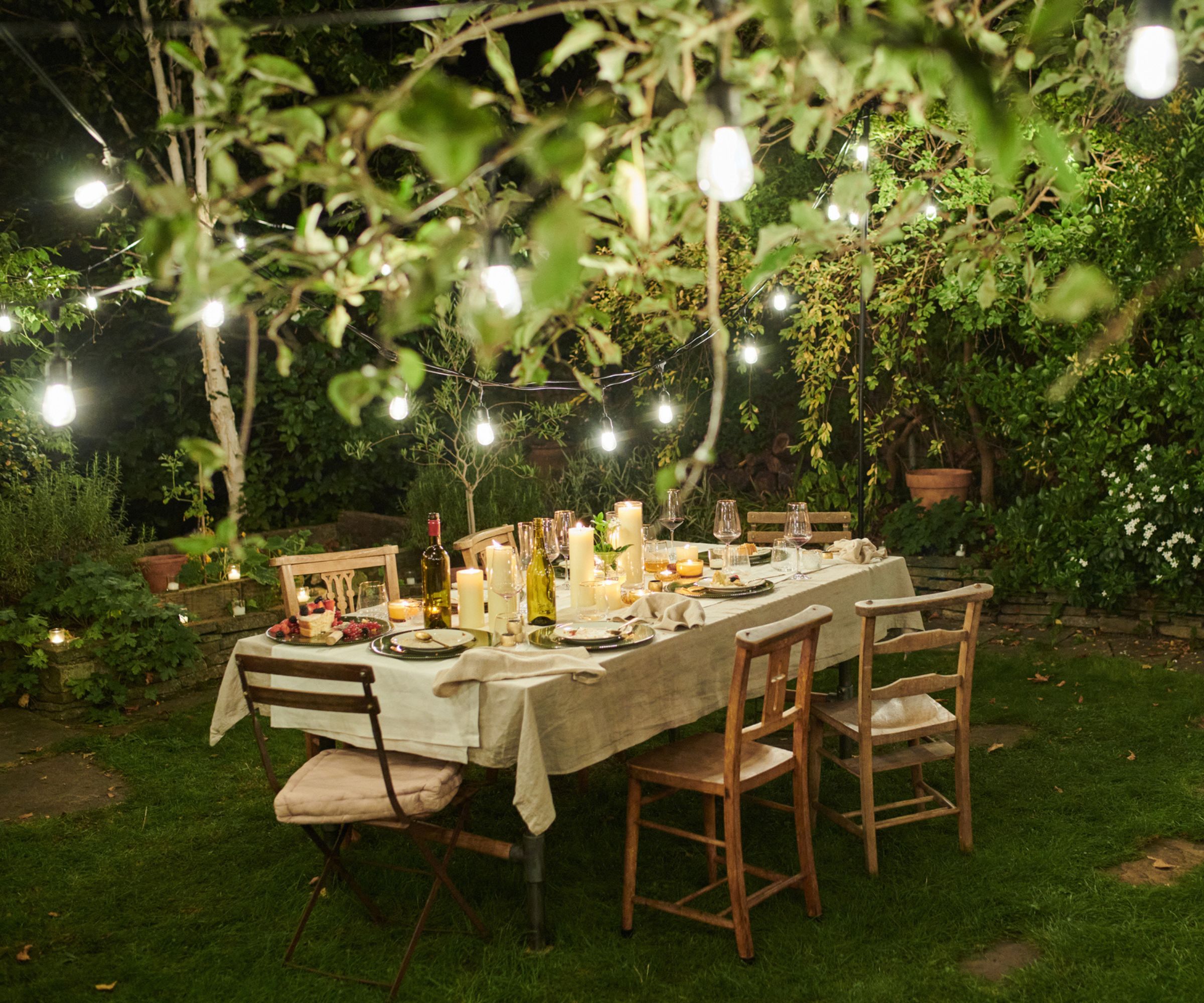
A common complaint about solar lights is that they aren't bright enough. However, there are lots of bright solar lights on the market - you just need to check the lumens. Lumens measure how bright something is, so different uses need different lumens.
Solar expert Andrei says that for decorative lighting like fairy lights, all you need is 10-50 lumen lights. If you're buying lights for a path, Andrei recommends 100-200 lumens per light. This 'gives good visibility without being too harsh.'
For highlighting features or brightening a patio, he says: 'Garden and landscape lighting require 100-300 lumens to outline features and produce ambiance.'
If you need really bright lights for security or floodlights over a driveway to help you park, you need 700 lumens and up for clear, crisp lights.
3. Consider Kelvin
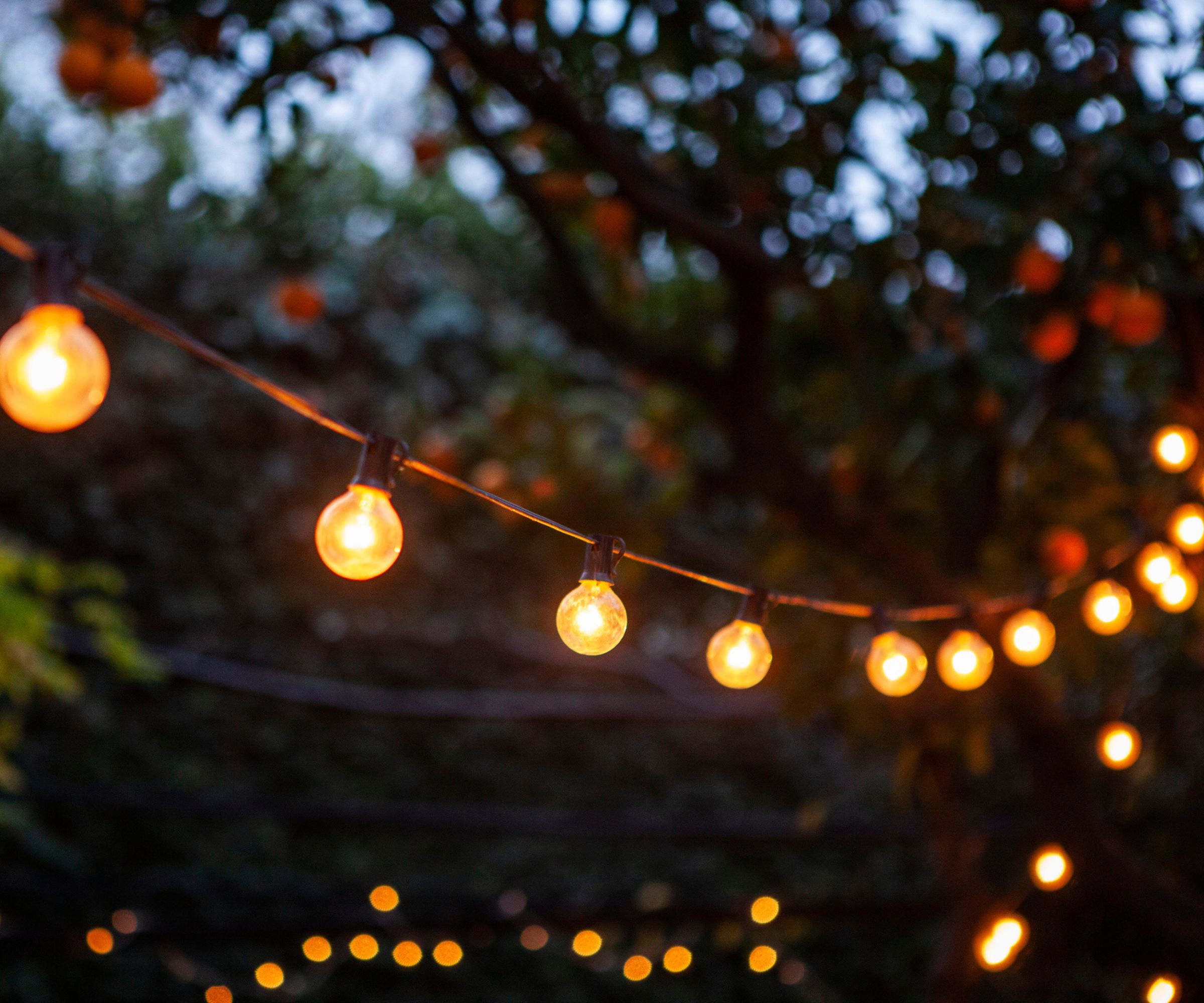
Kelvin, like lumens, is also essential for finding good solar lights. Kelvin is a measure of color 'temperature'; the higher the Kelvin the brighter and whiter and the more like daylight. The lower the Kelvin the dimmer and more like firelight. For context, 1000-2000 Kelvin is similar to candlelight and 5000K is around overhead office lighting.
So, if you want gentle, glowing atmospheric lighting, Andrei suggests 2700K-3000K. He says: 'This creates a warm, inviting atmosphere that is perfect for garden and patio areas.'
For more practical, clearer lighting, he recommends a neutral white between 3500K-4500K.
If you want security lighting, or bright light over a porch so you can see what doing as you unlock a door, you need 5000K-6500K. Andrei says that lights in this cool white color are 'perfect for security lighting and any place which requires great visibility.'
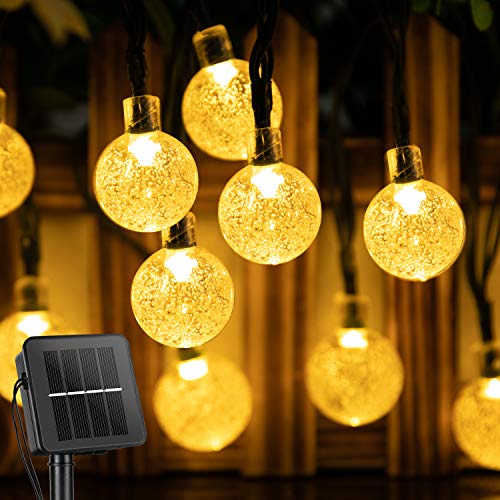
These are the best solar lights I've ever tested. I tried them years ago and they're still going strong after months of sun, snow, and rain. I've even hit them off fence panels to try and break them and they were totally fine. Best of all, they're available in a huge range of colors.
4. Find good battery capacity
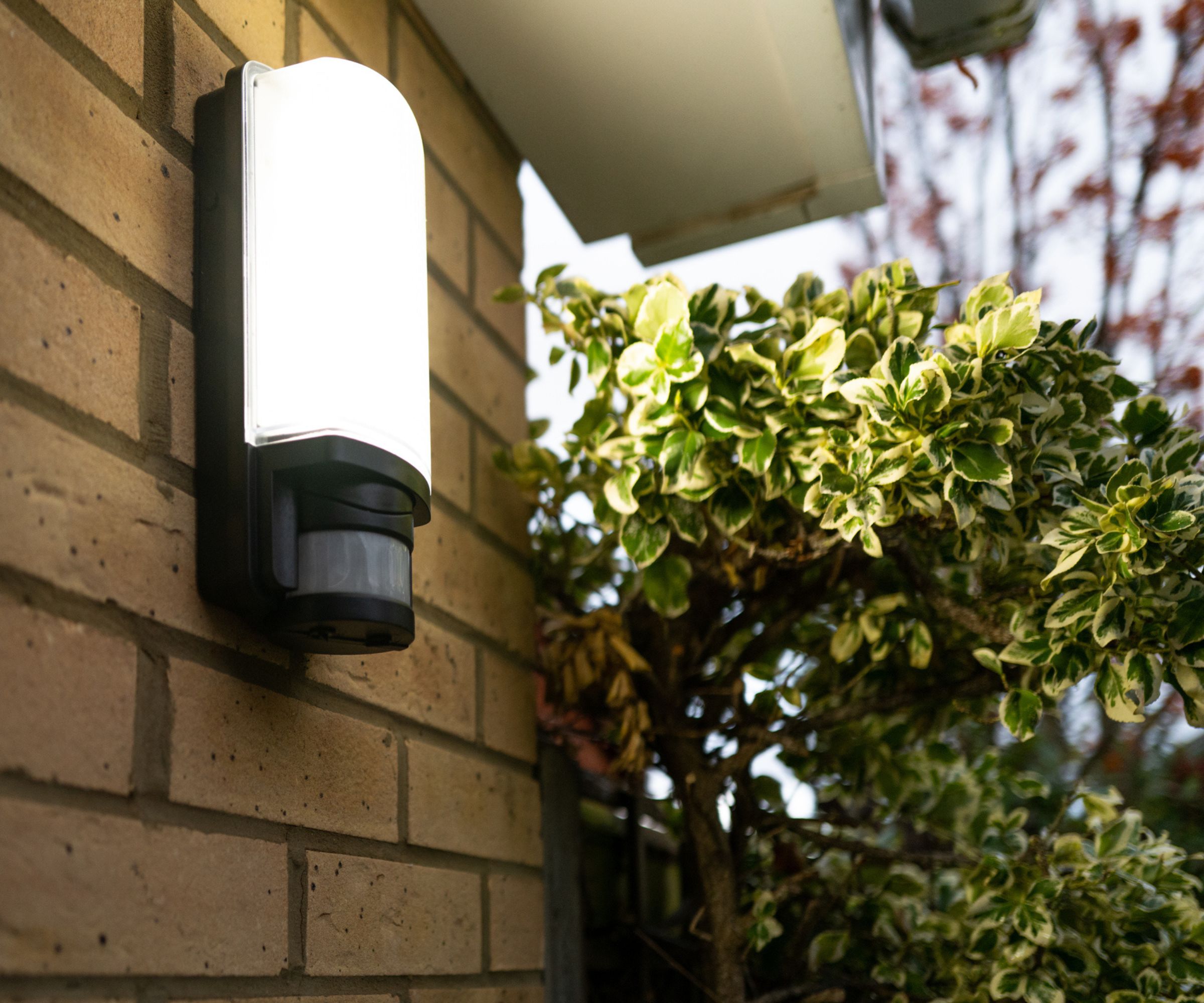
Another thing to check is the battery run time. A common complaint with solar lights is that they don't run for as long as advertised. Sometimes you buy a set of lights expecting them to run until early in the morning, but you only get a couple of hours of use before they switch off.
I'm usually the first to point out flaws in brand marketing but, to be fair to them, this is hard for solar light manufacturers to control. Runtime can vary hugely throughout the year and your location.
Solar lights in sunny California will have a better runtime than in cloudy Washington. Most solar lights use nickel-metal hydride or lithium-ion batteries, and these lose capacity in the cold, so your lights won't be as effective in winter or a cold snap.
The only real way to ensure long-running lights is to check the ampere-hours (often shortened to Ah). Amp-hours are a measure of how much current can be discharged over an hour. It's not an exact science, but for our purposes, it tends to be that the higher the amp-hours the longer your solar lights will run.
5. Look out for replaceable parts
One of the most common reasons that solar lights appear broken is that their batteries have worn out. Solar lights run off rechargeable batteries, which can wear out over time.
However, in cheaper units, these batteries often aren't replaceable, hidden behind a panel that you can't open. This means that when the batteries break, people think that the entire unit - lights, panel, and batteries - is broken, so they throw the whole thing away.
Lots of good-quality solar lights can use replacement batteries, so look out for this when buying a new set. Andrei says: 'Replacing batteries is more cost-efficient compared to purchasing a new set of lights. This averts the entire disposal of units when the batteries are worn out.'
6. Look for lighting modes and colors
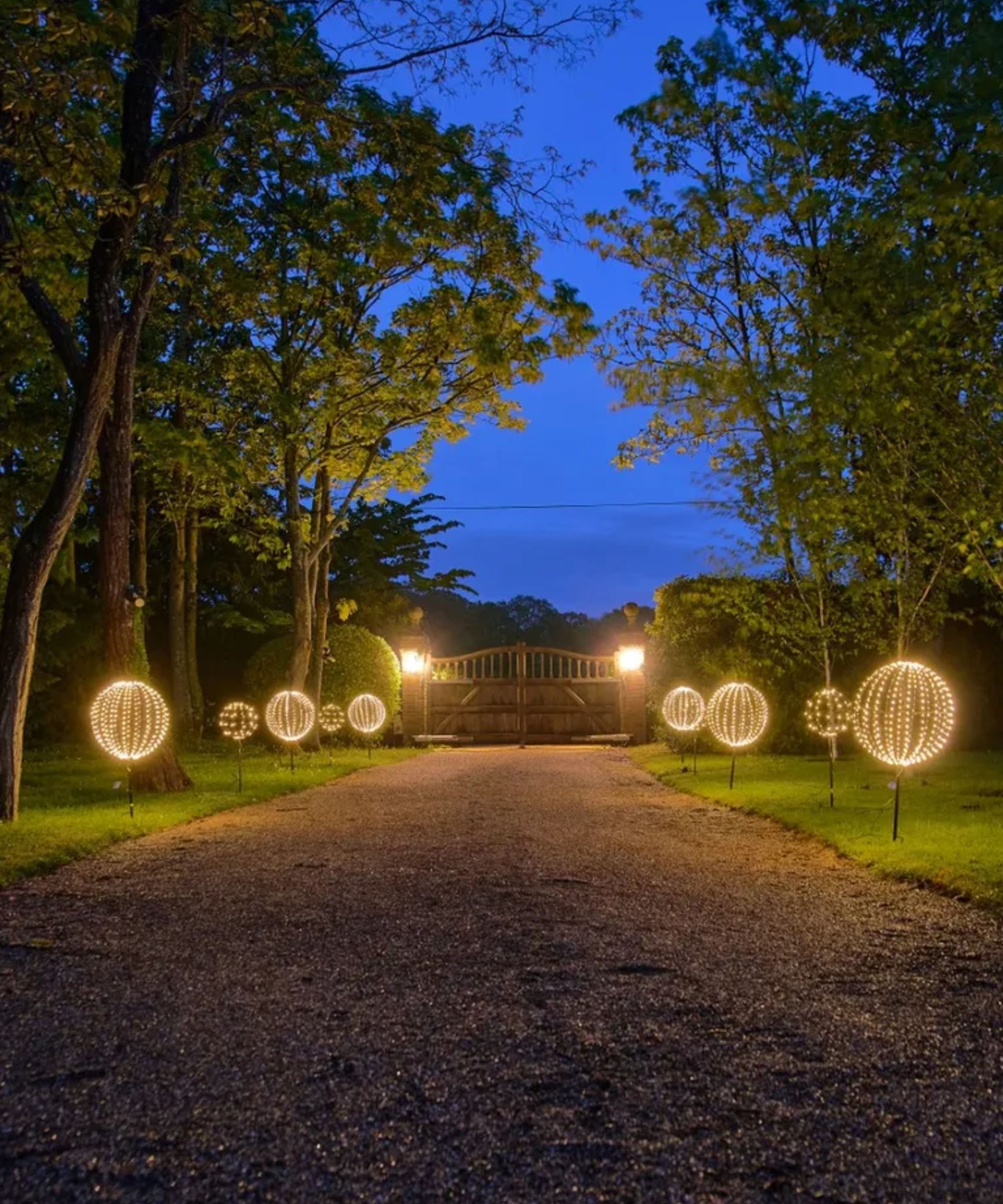
If you can, buy solar lights with as many different color modes and lighting modes as possible. One of the biggest complaints about solar lights is that they don't really do much. You string them up in a tree and that's about it - they provide some atmosphere but not much else.
If you can, grab lights with different lighting modes and colors, as this brings much more versatility to your lighting. You can have gentle, steady lights for relaxing, and more exciting patterns and colors when hosting a party. If you buy lights with lots of different colors, you can also use your lights for festive decoration during the holidays.
If you want security lights, look for lights with dim modes combined with motion sensors. These lights will switch on at dusk and give gentle atmospheric lighting, but when they detect motion they will light up at full brightness. This gives you the best of both worlds; warm atmospheric lighting as well as bright security lights.
7. Look for a good warranty
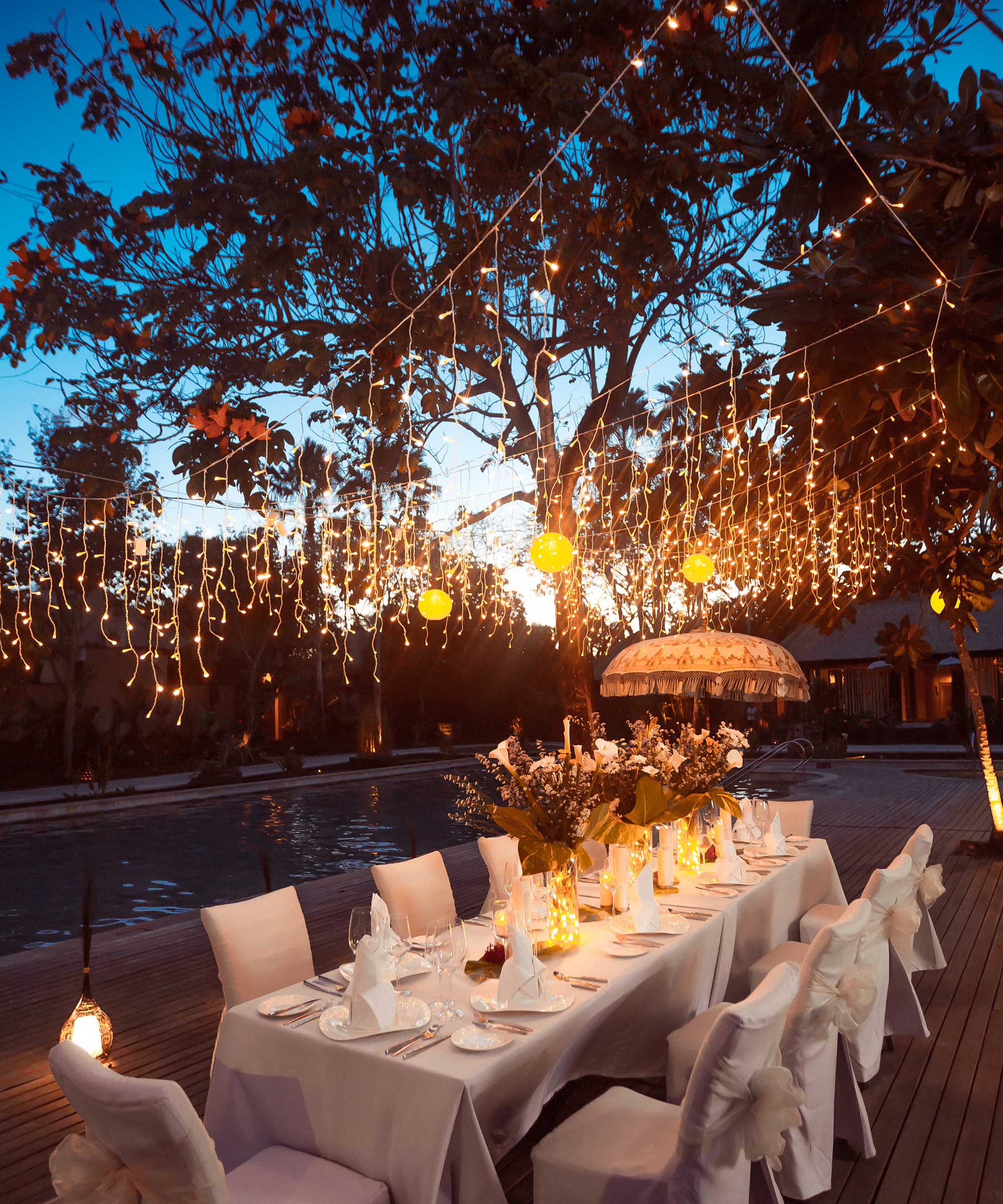
Most solar lights are manufactured en masse in Chinese factories and sold through temporary storefronts on Amazon, Walmart, or Target. The storefronts are temporary because small Chinese businesses buy up stock from the factories, sell it all, and then pivot to their next enterprise, using a new brand name for a new product.
For example, my favorite solar festoon lights have been sold under the brand names 'Brightown', 'Usboo', 'Imve', 'Ledander', 'XVDOIZO' and many, many more. The underlying product is great - they've lasted for years, including some pretty extreme weather - but the big drawback is that they're sold through an unaccountable storefront that has no warranty and no way to contact customer service.
This can also be true of large mid-range-to-luxury brands like Pottery Barn, West Elm, Crate and Barrel, and Anthropologie. They at least have customer service departments, but you may find that their lights aren't covered by any kind of warranty.
Unfortunately, lots of brands don't offer long warranties on solar lights but you can find some decent warranties out there. Dedicated light sellers like Lamps Plus offer a year-long warranty on most lights, and brands like Brightech tend to have warranties of three years for their lights.
8. Search for 'years' in the reviews
Finally, if you shop online, there's an easy trick to make your research a little faster. You can search for specific words in Amazon reviews, so try searching for 'year' or 'years'. This usually helps me find good-quality lights when I'm researching new candidates to test. Either you can weed out the bad lights - you'll find someone saying that lights didn't even last them a year - or find genuinely great lights - someone saying that their lights have lasted them for a while.
Solar light FAQs
Do solar lights work when it's cloudy?
They can, but not always. High-quality solar lights will still charge when it's cloudy, but they'll be less effective than if they charge in full sun.
How long do solar lights last each night?
It depends on the time of year and local weather conditions, but solar lights usually last for 6-10 hours.
While buying good lights is crucial for good garden lighting, it's not the only thing you need to know. For more help with outdoor lighting, take a look at our guides to placing outdoor lights, and our ideas for lighting a pergola.

As a gardens and lifestyle contributor, Alex makes sure readers find the right information to help them make the best purchase. Alex got his start in reviewing at the iconic Good Housekeeping Institute, testing a wide range of household products and appliances. He then moved to BBC Gardeners’ World Magazine, assessing gardening tools, machinery, and wildlife products.
